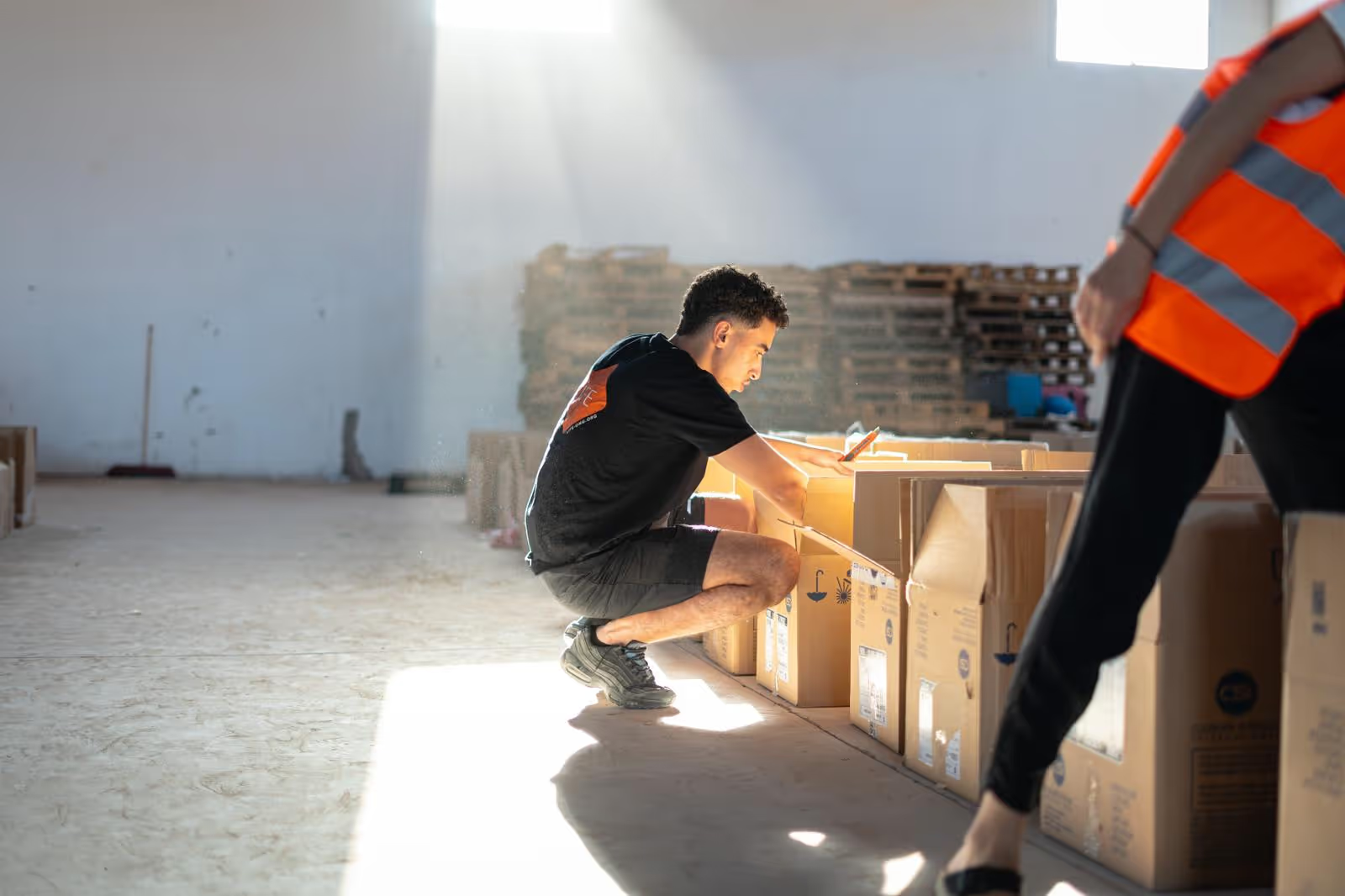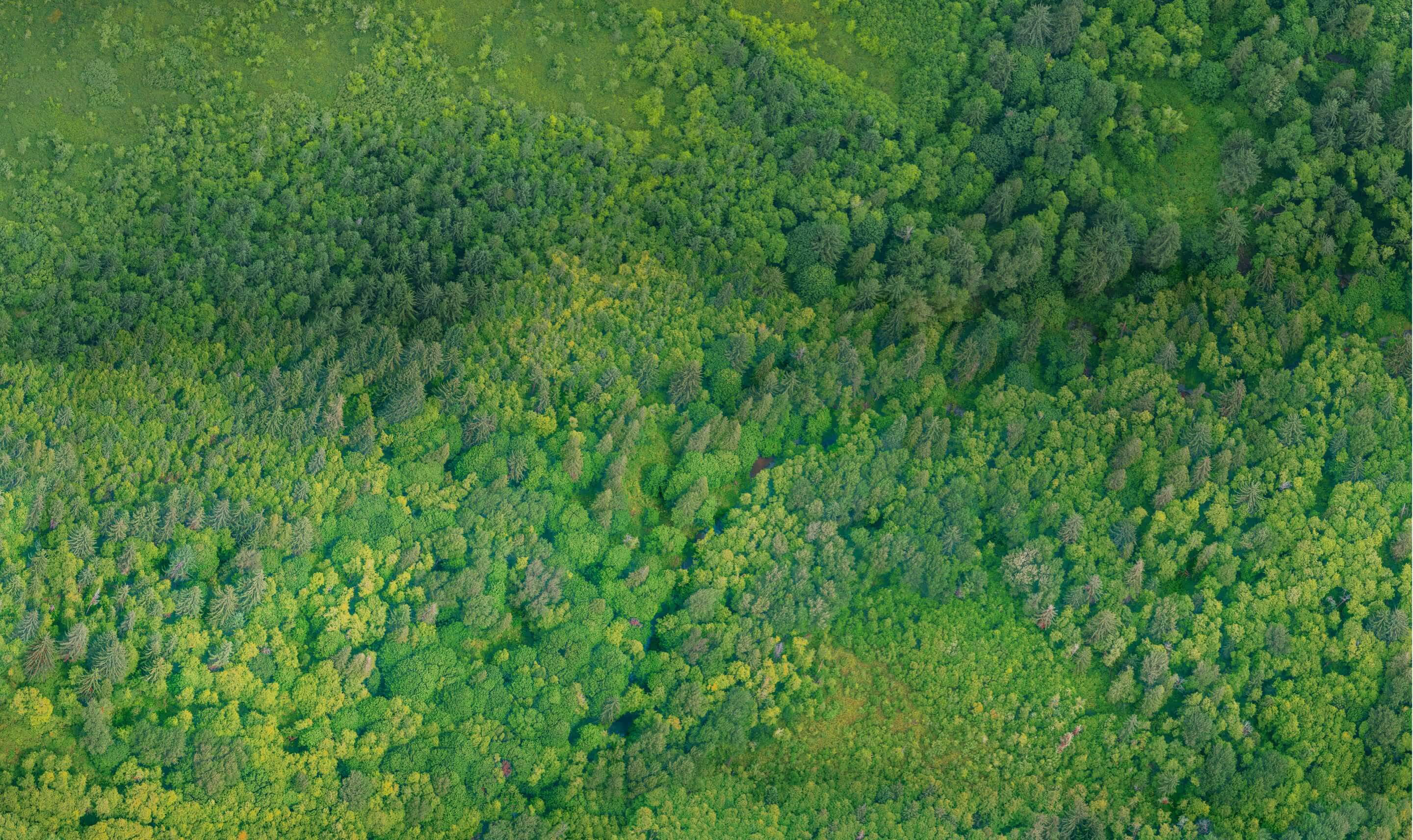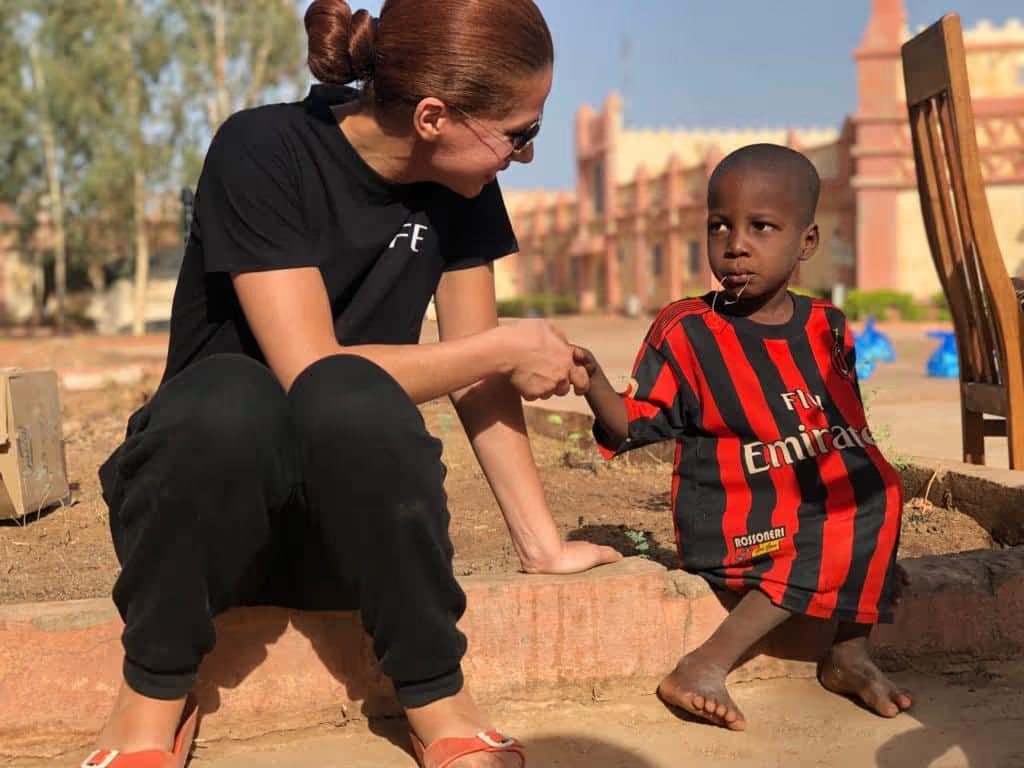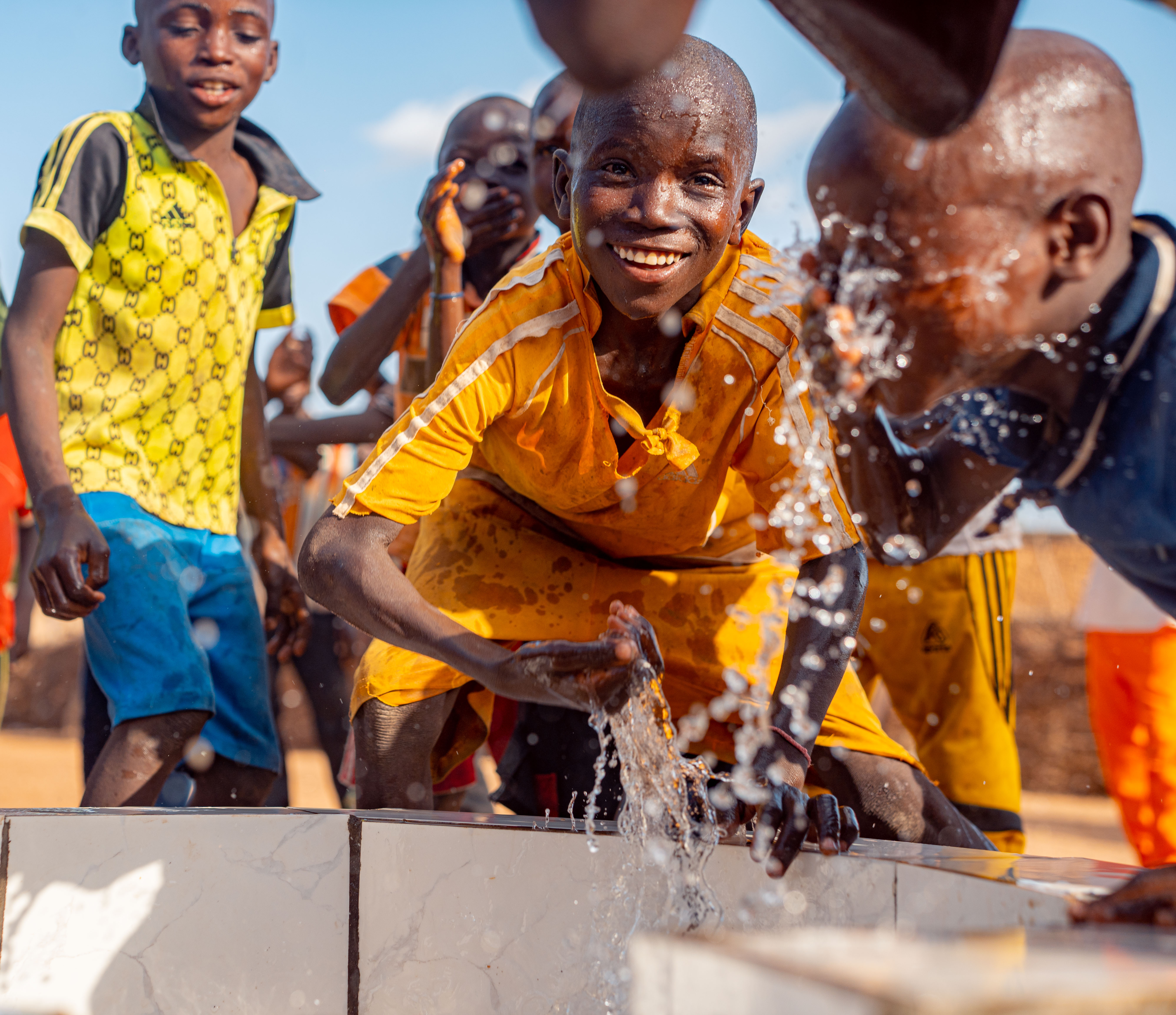Education in Times of War: Hope Beyond Conflict

Education is a fundamental pillar of any society. But what happens when it is plunged into war? Armed conflicts affect every aspect of daily life, including schools. The consequences are profound, affecting millions of children around the world. But despite the difficulties, inspiring and often heroic actions keep the flame of learning alive.
Schools under the bombs
Destruction and terror
In war zones, schools become targets. In recent years, in Syria, Yemen, Ukraine, and so many other countries, they have been bombed, destroyed or occupied by military forces. The children find themselves trapped in a nightmare.
In Ukraine, more than 3500 schools have been destroyed or damaged according to UNICEF.
In Gaza, Israeli attacks on schools have become “almost daily” according to UNRWA (the United Nations Agency for Palestinian Refugees). According to UNICEF, 92% of schools in this country are unusable, and more than 600,000 children have been deprived of schooling since these 6 months of war.
Children in danger
In addition to material destruction, the constant fear of attacks makes learning impossible. Parents are hesitant to send their children to school for fear that they will never come back. Children feel insecure everywhere, and you need to be able to feel safe to learn, to focus... Children at war suffer profound psychological trauma. The sounds of explosions, the loss of loved ones, and the devastation of their environment leave indelible marks. In some war-ravaged countries, even after the fighting is over, many of them never return to school. According to the World Bank, in Iraq, six years after the defeat of the Islamic State jihadist group declared by the government, tens of thousands of children remain out of the school system.

Fleeing to survive
Massive displacements
Faced with violence, families flee. Massive displacements create humanitarian crises. In 2023, according to UNICEF 43.4 million children were displaced around the world, a sadly record number... Currently, there are 14.8 million school-age refugees !
Education for refugee children
Teachers and staff in charge of teaching refugee populations or in refugee camps often lack adequate training (in particular to manage trauma...) and appropriate teaching materials. In addition, class overcrowding and the lack of resources in the camps hamper the quality of education and the personalization of pedagogy according to the specific needs of students. 48% of refugee children are not in school.
However, despite everything, if a few hours a day of school are offered to children, it can change their lives, open up other perspectives for them. And for this, many volunteers are mobilizing. TO In Gaza, for example, the population is organizing itself to offer them “a break from normality”.
Did you know that? The lack of security and access to education in the camps exposes young girls to increased risks of sexual violence, prostitution, and early marriages.

The importance of wartime education
Ensuring stability and normality
Why is education so crucial in times of war? It offers a refuge, a sense of normality in a chaotic world. The longer a child is out of school, the more affected they are by the climate of violence. Moreover, it prepares them for post-conflict reconstruction. Without education, an entire generation is at risk of losing future opportunities.
Preventing radicalization
Education is also a protection against radicalization. Without it, children are more vulnerable to enlistment in armed groups. By allowing them to have access to school, we are offering them a future away from violence.
Essential wartime initiatives
Mobile schools
Local communities, NGOs and governments are putting in place innovative solutions to continue education in times of war. Improvised classrooms are set up in buses or tents as in South Sudan. These are easily transportable and can be quickly set up in refugee or IDP camps. They provide a safe space for learning.
In Port Sudan, a city still spared by the war, thanks to the efforts of numerous volunteers 120 children can benefit from a few hours of school in a tent per day for 5 days a week.
In Nigeria In addition, NGOs support mobile schools that travel from village to village.
Technology and online learning
Modern technologies also offer solutions. Online learning and digital education platforms allow some children to continue learning despite interruptions. In the White Nile state located in south-eastern Sudan, they can resume their studies at their own pace thanks to the use of tablets in 42 temporary learning centers set up by UNICEF and partners.
The resilience of teachers
Courage and dedication
Teachers play a crucial role in times of war. They are not only educators, but also emotional supports, offering comfort and stability to children. They often risk their lives to ensure the education of their students. In Afghanistan, many female teachers continue to work illegally despite the prohibitions. They know that education is a powerful way to resist oppression and build a better future.
Their courage is a source of inspiration. In Nigeria, despite the threat of Boko Haram and its mass kidnappings of students, teachers band together to teach in secret places, determined not to leave children without an education. Going to school and teaching became an act of resistance against these terrorists.
Did you know that? According to UNICEF, since 2009, Boko Haram has killed 2,300 teachers and ravaged over 1,400 schools.
Financial challenges
Insufficient funding
Financing wartime education is a huge challenge for affected countries. Resources are often diverted to the war effort. Schools lack everything: books, supplies, infrastructure. Teachers are paid poorly, if at all.
Our NGO LIFE gives hope to children and families in need, especially in the Abu Ibrahim refugee camp, which hosts Syrian refugees in North Lebanon. In September 2023, with our “School for All” campaign, we organized fun activities over 3 days, a pool trip and the distribution of school kits for school and non-school children.

In Gaza Likewise, we distributed 200 school kits for the 2023-24 school year.
Le rôle des organisations internationales
Les donateurs internationaux jouent un rôle crucial pour soutenir l’éducation en temps de guerre. Mais les fonds ne sont jamais suffisants. En 2023, 3 % seulement de l’aide humanitaire mondiale était dédiée à l’éducation. Les priorités doivent changer. Investir dans l’éducation en temps de guerre, c’est investir dans la paix et la stabilité future.
Un appel à l’action
Protéger les écoles
Il est impératif que la communauté internationale agisse. Protéger les écoles est une priorité. L’UNESCO a lancé la Déclaration sur la Sécurité dans les Écoles, appelant les États à protéger les établissements scolaires en temps de conflit.
Intensifier les efforts
Les efforts doivent être intensifiés pour assurer que chaque enfant, même en temps de guerre, ait accès à une éducation de qualité. Les campagnes de sensibilisation, le soutien financier, et la pression diplomatique sont des outils essentiels.

L’éducation en temps de guerre est un combat pour l’avenir. C’est un acte de résistance contre la destruction et le chaos. C’est une promesse d’un futur meilleur, plus stable et plus pacifique. Les enfants et les enseignants en zones de conflit montrent un courage et une résilience remarquable. Leur détermination à poursuivre l’apprentissage malgré tout est une leçon pour nous tous. Soutenons-les, investissons dans l’éducation !
Agissons ensemble pour un monde où chaque enfant peut apprendre en paix.



.avif)





.avif)